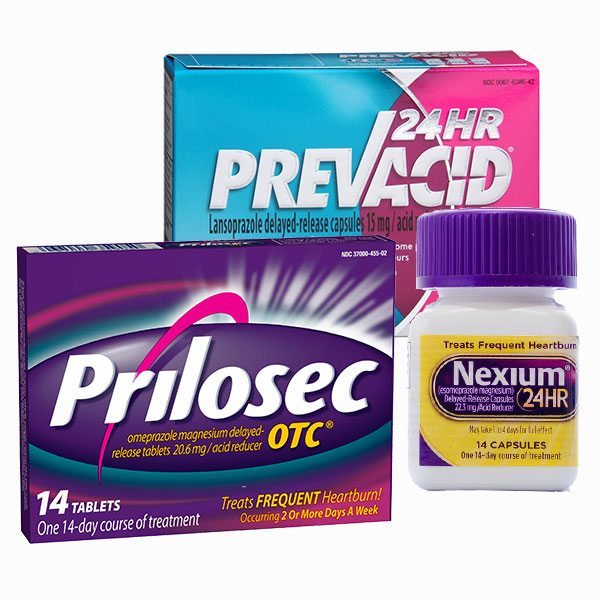Trulicity Lawsuit Explained: Browsing Lawful Procedures Efficiently
Trulicity Lawsuit Explained: Browsing Lawful Procedures Efficiently
Blog Article
Understanding Your Legal Rights in a Dangerous Drug Claim
In the world of pharmaceuticals, navigating the complexities of a dangerous medicine suit can be discouraging. From determining the legal basis for submitting a suit to considering the options between a course action and a private case, there are critical factors to consider to be made.
Lawful Basis for Legal Actions
Checking out the legal grounds for going after a hazardous medication claim calls for a thorough understanding of appropriate statutes and criteria. When taking into consideration lawful action against a pharmaceutical company for a dangerous medication, one should develop that the medication concerned posed unreasonable risks that were not effectively divulged to consumers. This commonly involves demonstrating that the drug producer stopped working to advise around understood threats, misstated the medicine's safety and security or efficacy, or engaged in deceptive advertising and marketing methods.
To be successful in a harmful drug claim, plaintiffs usually rely upon lawful concepts such as oversight, rigorous responsibility, or violation of guarantee. Neglect cases say that the producer did not exercise reasonable care in making sure the security of the drug. Strict responsibility holds the supplier answerable for any type of problems in the item, despite intent or negligence. Breach of guarantee insurance claims assert that the manufacturer fell short to maintain pledges or guarantees about the medicine's safety and security or performance.
Types of Compensatory Problems
Compensatory problems in an unsafe medicine lawsuit incorporate financial restitution awarded to plaintiffs to make up for losses sustained because of the damage created by the medication. These damages are designed to make the hurt celebration whole again, both economically and non-economically. There are two primary types of compensatory problems that might be awarded in a hazardous drug claim: non-economic problems and economic problems.

Both financial and non-economic compensatory damages play a critical function in ensuring that people hurt by dangerous medications receive ideal settlement for their losses.
Law of Limitations

Missing out on the law of restrictions target date can have major consequences, as it may cause the instance being disregarded by the court. When the statute of limitations has run out, the complainant may lose the right to seek legal recourse versus the party responsible for the injury created by the harmful medication. It is essential for people thinking about a dangerous medication claim to consult with a qualified attorney immediately to comprehend and comply with the applicable statute of constraints in their case.
Course Action Vs. Individual Suits
Given the differing law of constraints in unsafe medicine claims, people have to thoroughly evaluate the decision between going after a class action or an individual legal action. Course action lawsuits include a team of complainants jointly filing a claim against an offender, frequently a pharmaceutical firm, for the exact same concern - in this instance, injury triggered by a hazardous drug.
On the various other hand, private suits offer even more autonomy and control to the plaintiff. By seeking an individual lawsuit, an individual can tailor the lawful technique to their particular circumstance, potentially leading to an extra beneficial and tailored outcome. Nonetheless, individual legal actions can be much more time-consuming, costly, and might lead to reduced payment contrasted to a successful class activity claim. Eventually, the choice between a class activity and an individual claim ought to be based upon the person's situations, wanted degree see page of participation, and the legal recommendations obtained.
Seeking Legal Counsel
In browsing the intricacies of a harmful medicine legal action, safeguarding experienced lawful advice is critical for making certain a solid and enlightened legal strategy. When looking for lawful advice for a dangerous medication suit, it is vital to discover a law office or lawyer with experience in pharmaceutical litigation. These cases often involve detailed clinical and clinical information, requiring an attorney who comprehends both the legal elements and the medical nuances associated with such legal actions.
Specialist legal advise can assist page people recognize their rights, analyze the toughness of their situation, and browse the intricate legal treatments associated with dangerous medication legal actions. Additionally, a proficient attorney can give assistance on whether to seek an individual lawsuit or sign up with a class-action claim, based on the details conditions of the situation.
Furthermore, lawful counsel can help in gathering evidence, preparing legal files, negotiating with pharmaceutical business or their lawful representatives, and standing for clients in court if the instance goes to trial. By employing the support of well-informed lawful specialists, people can enhance their chances of accomplishing a beneficial outcome in a dangerous medication lawsuit.

Conclusion
To conclude, understanding your legal rights in a harmful medication claim is necessary in looking for payment for any kind of harm triggered. Recognizing the lawful basis for legal actions, kinds of offsetting problems offered, statute of limitations, and the distinction between course activity and private suits can help people browse the lawful process properly. Looking for legal advise is essential in guaranteeing your civil liberties are safeguarded and promoting for the settlement you deserve.
Countervailing damages in a harmful medicine claim include financial restitution granted to plaintiffs to make up for losses incurred due to the damage triggered by the medicine.The law of limitations in a harmful medicine suit develops the timeframe within which a complainant need to file a lawful insurance claim versus the accountable celebration for the damage created by the drug.Given the differing statute of restrictions in dangerous medication claims, people need to meticulously evaluate the choice between going after a class activity or a specific claim. Individual lawsuits can be more taxing, costly, and may result in reduced settlement compared to an effective class activity legal action. Understanding the legal basis for suits, kinds of offsetting Continued damages offered, statute of constraints, and the difference between class activity and specific claims can assist people navigate the lawful procedure successfully.
Report this page